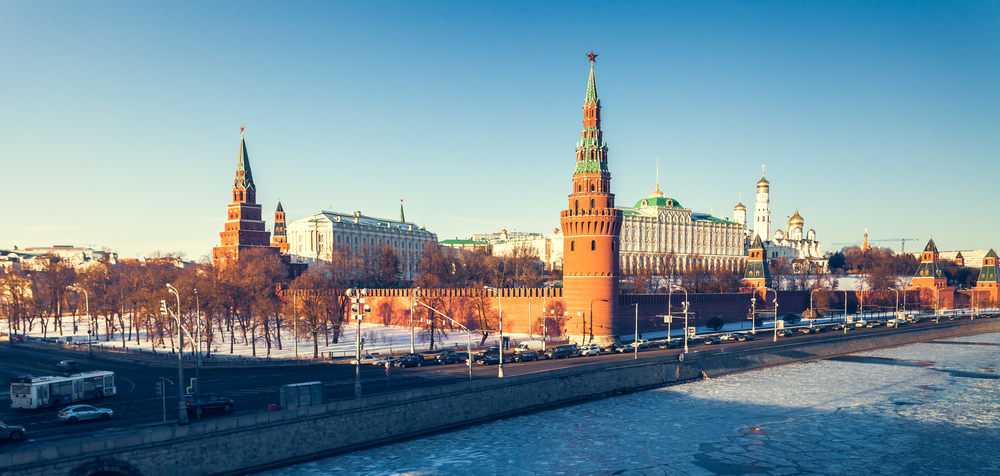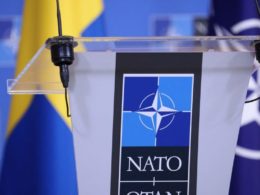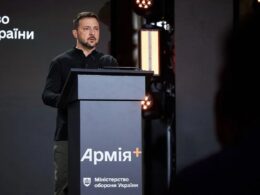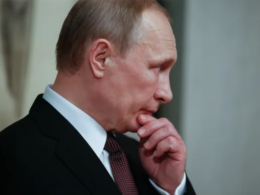Russia positions itself as a victim of Islamic terror in new narratives that the Kremlin spreads in the West after the attack at the Crocus City Hall, said the head of the "European Resilience" initiative center, Serhii Sumlenny, according to UkrInform.
On 22 March, a shooting incident occurred at the Crocus City Hall near Moscow, resulting in 144 deaths, with subsequent developments including ISIS claiming responsibility, various allegations regarding Ukraine's involvement, and conflicting statements about the attackers' intended destination. Following the attack, more than 16,000 people signed contracts with the military to fight against Ukraine, Reuters reported.
"Russia uses multiple narratives related to the Crocus terrorist attack. Within the country, they blame 'Ukraine for everything.' At the same time, in the West, they predominantly spread the narrative portraying Russia as a victim of Islamist terror, as it garners more sympathy there," said Sumlenny during an online presentation at the public international discussion "Fake victim of terrorism: How to counter Moscow's new tactics?"
The expert added that Moscow hasn't dared to accuse Ukraine of plotting such a terrorist attack directly yet, so in the West, it uses the narrative that Islamic terrorists orchestrated the attack, and it "works very effectively."
Sumlenny reminded that over a hundred foreign ambassadors came with flowers to a memorial to people killed in Crocus and expressed their condolences to Russians.
"We haven't seen anything like this in recent years. We haven't seen ambassadors working, for instance, in Kyiv and bringing flowers to a building hit by a missile after any of the Russian bombardments," he said.
Sumlenny believes that Western policymakers can imagine a terrorist attack similar to the one that occurred at the Crocus City Hall in Berlin, London, or Paris. However, no European politician imagined missile attacks on European cities lasting for months with thousands of casualties
"Those assaults can be compared only with WWII, but few people left who remember it. Germans can understand Ukrainian pain only through rational analysis, through an understanding of its horror. Conversely, the Russian terrorist attack evokes emotional associations among Germans. This emotional resonance is crucial, and it is something Russia understands," he concluded.
According to him, as a result, the intensity of horrors in Ukraine has been diminished, and stories of victims, as well as the number of casualties, have been transformed into statistics.
Moreover, the frequency and regularity of attacks and crimes in Ukraine prompt people in the West to turn their heads away from the horrors of the war, while one terrorist attack in Russia gets more emotional reactions.
When people see the news in the media about Russia's bombardment of Ukrainian cities, they most likely think, "Well, what can I do about it? If I think about it, it will sadden me, and I don't want to be sad that is why I won't think about it," noted the German expert.
Earlier, the Institute for the Study of War, a Washington-based think tank, said Russia planned to intensify its propaganda portraying the US, the West, and Ukraine as a “terrorist” threat to generate greater domestic support for the ongoing war in Ukraine, using the attack in the concert hall.
ISW: Russia ties West to “terrorism” to rally support for war in Ukraine
Read also:
- Over half of Russians accuse Ukraine of attack at Crocus City near Moscow – survey
- US rejects Russia’s “nonsense,” “propaganda” claims linking Ukraine to IS’ Crocus concert hall attack
- ISW: Russia ties West to “terrorism” to rally support for war in Ukraine





